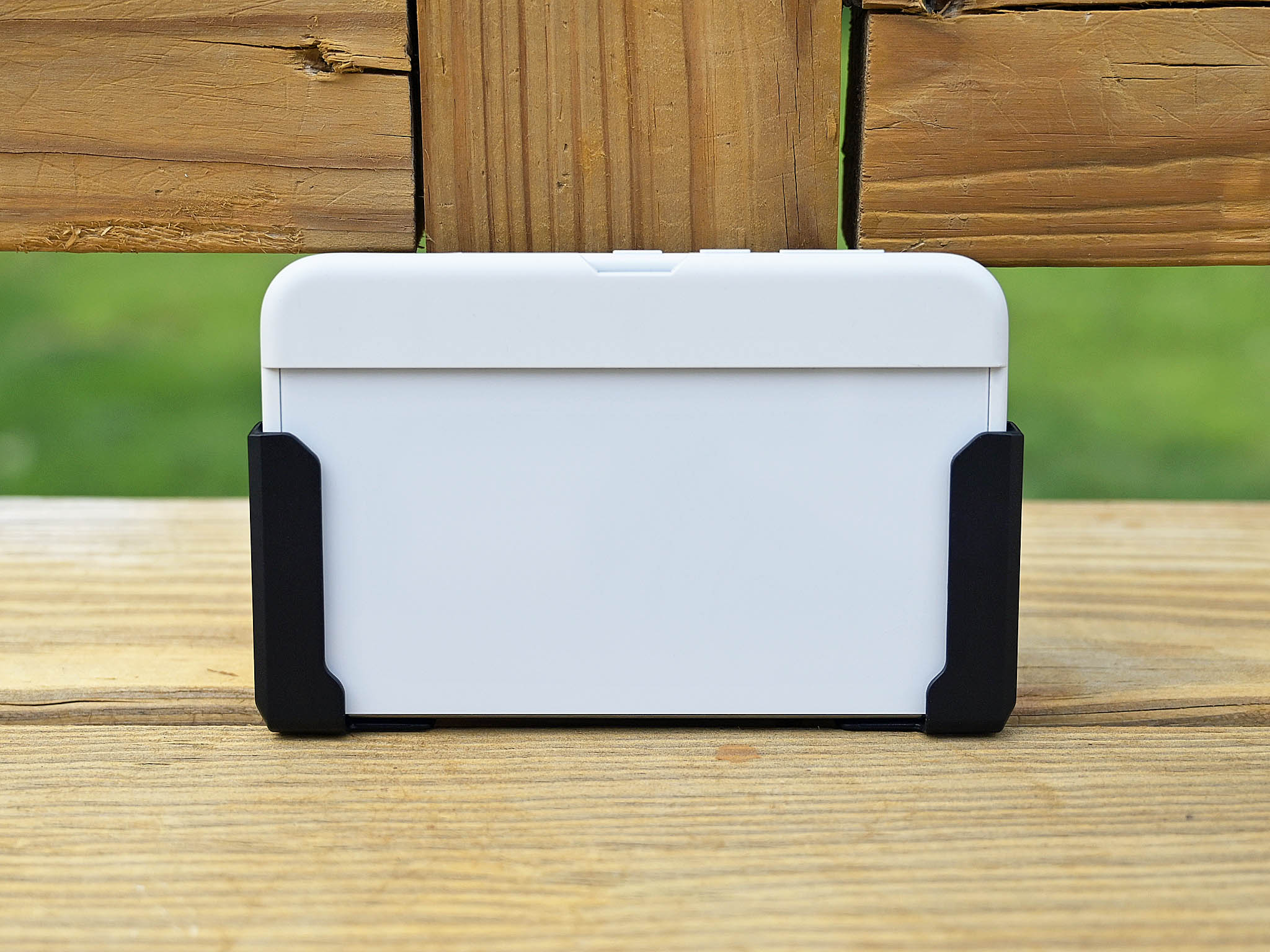Carrying the Surface Duo in your pants pocket – front or rear – is not much of an issue for regular folks, but if you're outdoors in the field, or are wearing gloves, you may have some more challenging times handling it.
Kensington is no stranger to the business and workforce world, often creating job-specific tools that don't apply to consumers. That's the case with the new $35 Belt Holster for Surface Duo, which, while a fun throwback to the early 2000s, is also a valuable tool for those working where pants pockets may be blocked or hard to reach.
I've spent a few days with the Kensington Belt Holster, and here's what I think.
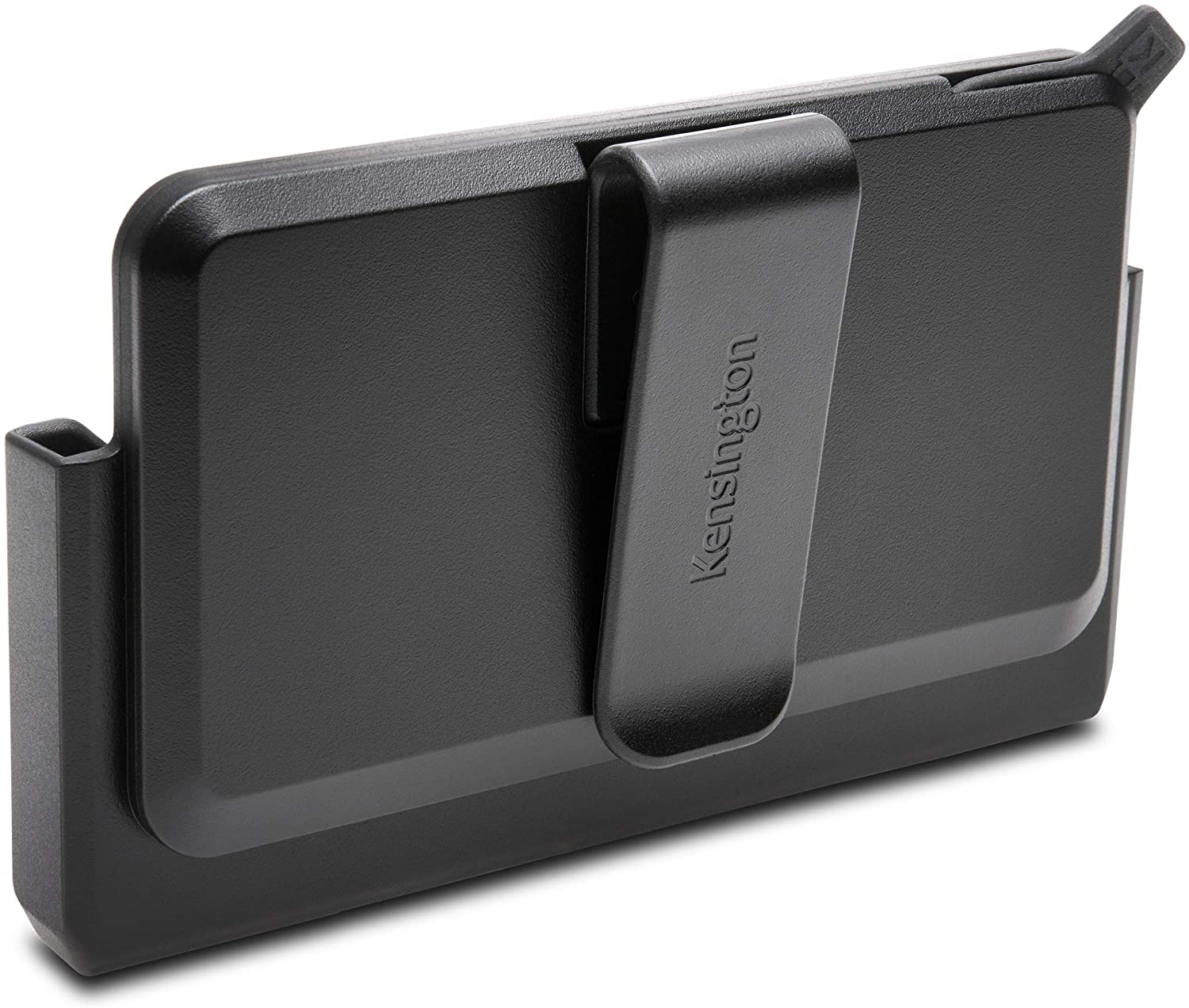
$35 at AmazonBottom line: The Kensington Belt Holster is perfect for those who work outside, wear gloves, and need a rugged way to store Surface Duo when on the job. While consumers will bristle at the outdated style, those who need an easy-access way to grab their Surface Duo should consider this accessory.
For
- Works with or without Surface Duo bumper
- Solid construction
- Sensibly priced
- Two-year warranty
Against
- Belt clip is large, not adjustable, no grip
Diving deeper into the Kensington Belt Holster design
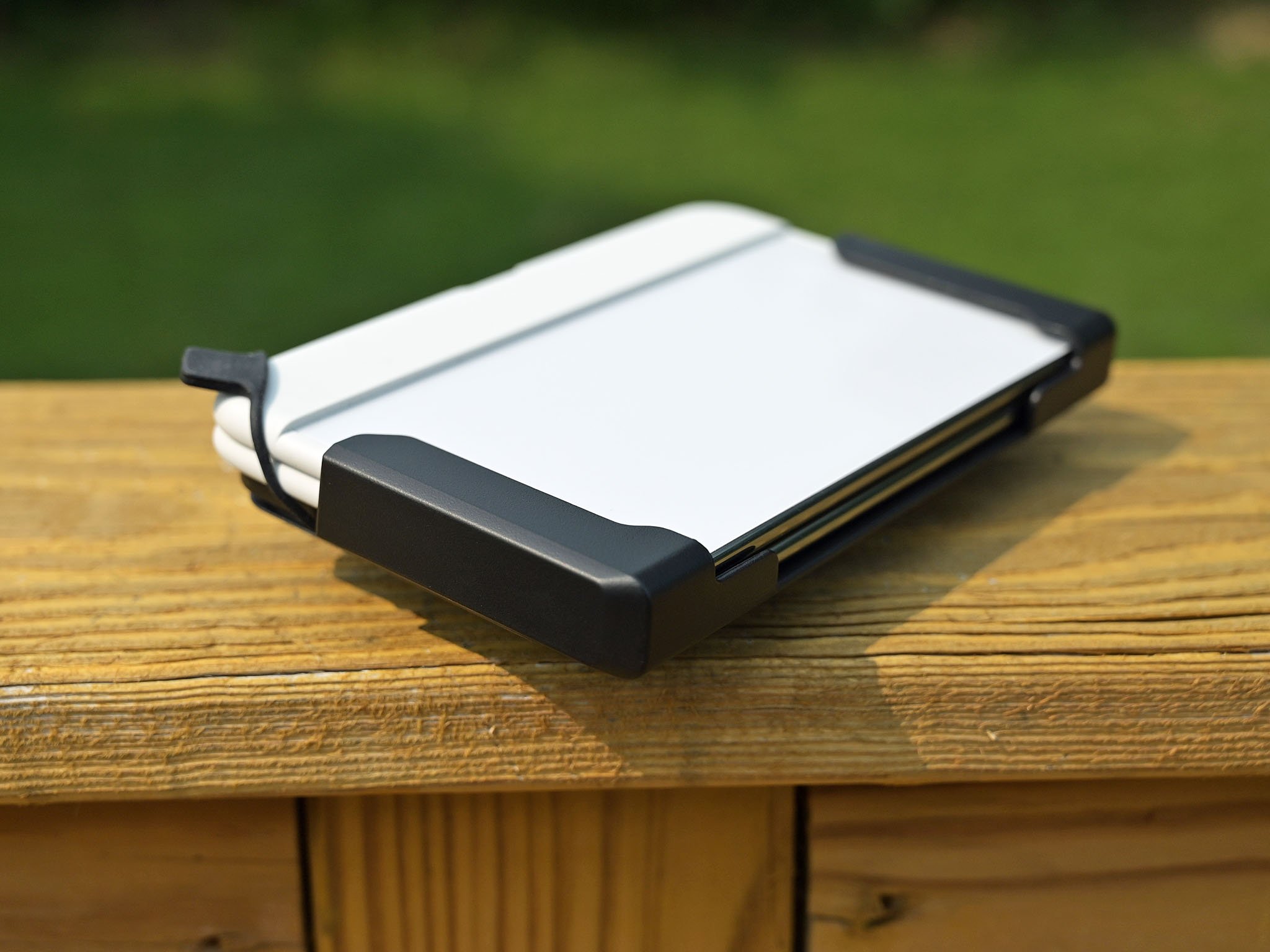
The Kensington Belt Holster is "designed in partnership with Microsoft, and made exclusively for Surface Duo," which is excellent. This holster isn't some off the shelf, generic accessory, but one form fitted just for Surface Duo – that makes it stand out from most solutions right now.
There is not much to the Kensington Belt Holster as it is just one solid piece made from industrial polycarbonate to withstand knocks, drops, and bangs. It's black, a mono-chassis, with no moving parts or components. Kensington also provides a two-year warranty, which is noteworthy.
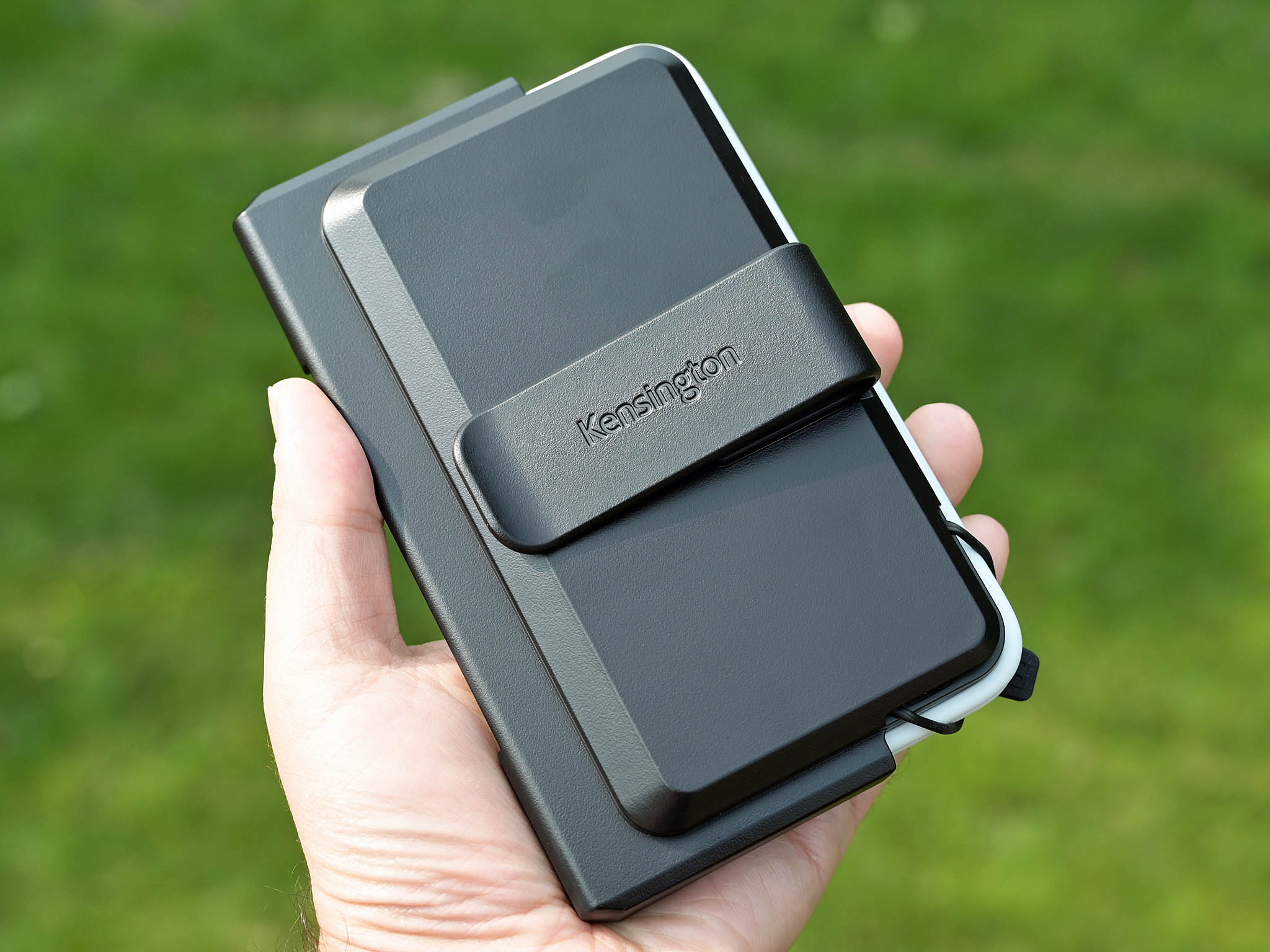
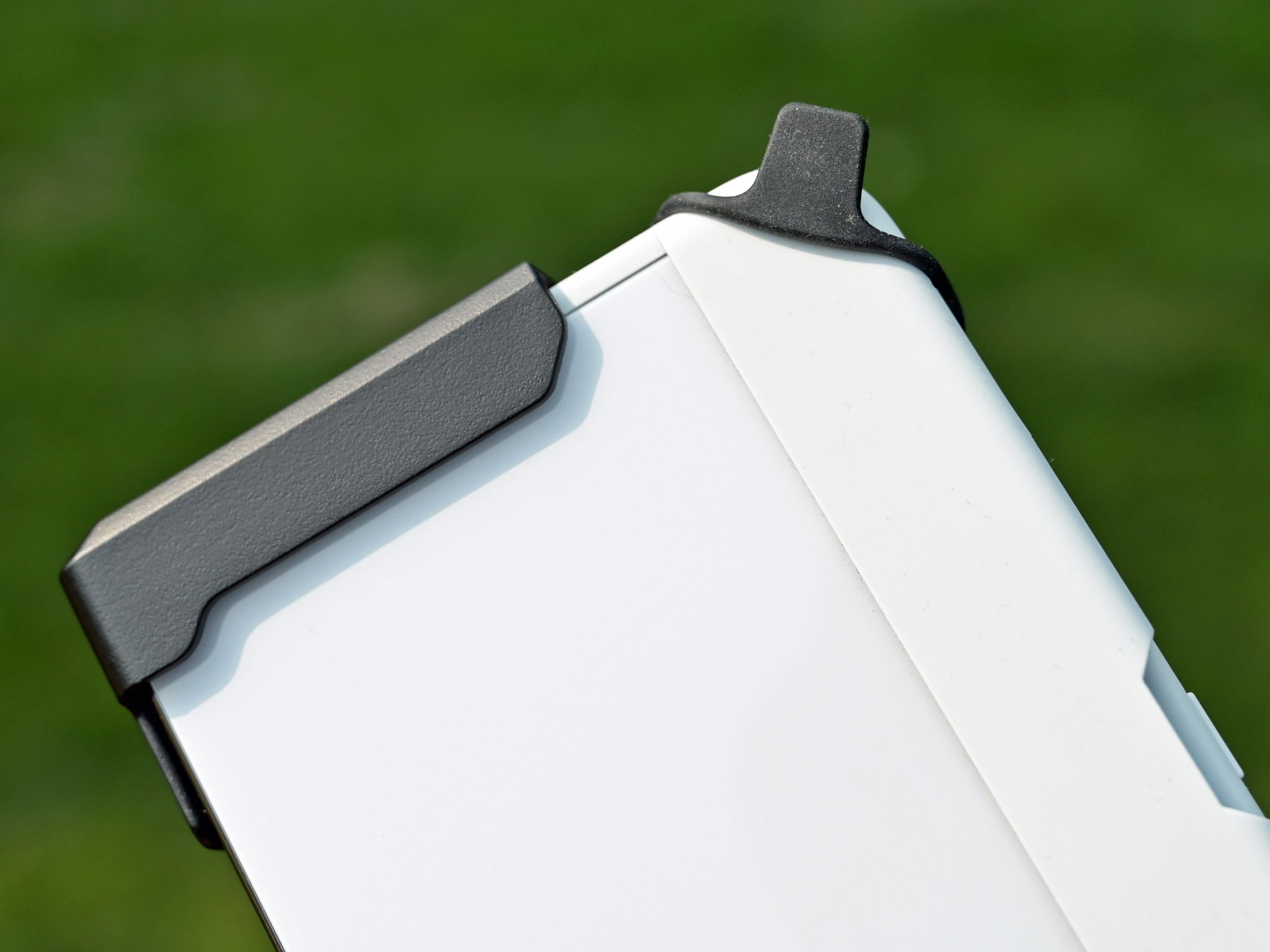
The style is a simple dropdown design so that Surface Duo slides in from the top. There is no rubber grip on the inside to hold Surface Duo or even add pressure. Instead, there is a fastener in the top corner that you bring across Surface Duo's corner to hold it in place. It is a bit different, but companies like UAG have used similar methods for Surface Pro cases.
My main concern with this belt holster was, what about the Surface Duo bumper? It turns out, if you slide Surface Duo with the device logo facing inward, there is no issue with the rear bumper clearing the side (it does not work in reverse). If you do not use the bumper, you can slide Surface Duo in on either side. In both instances, you use the retainer strap to hold in place.
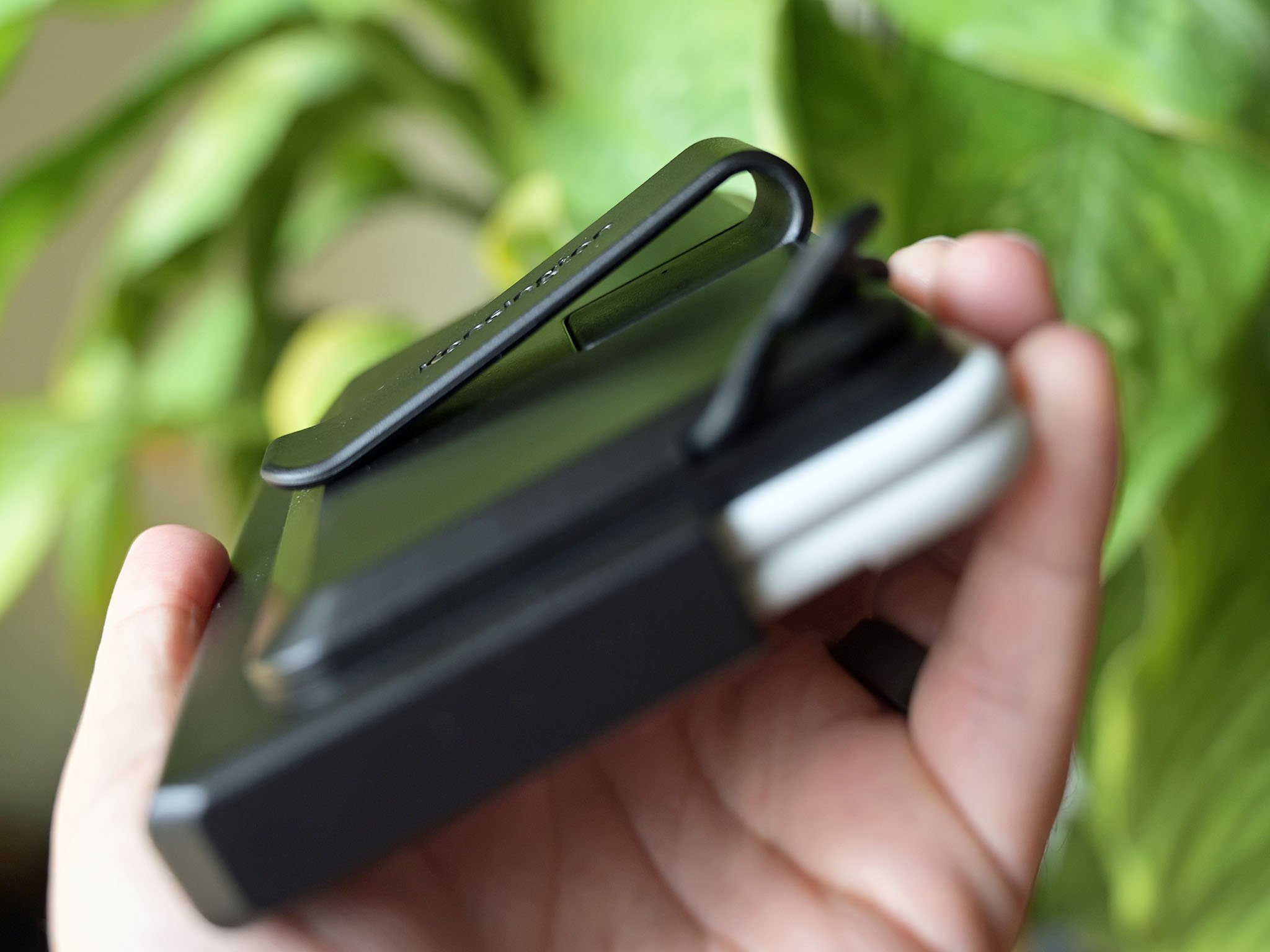
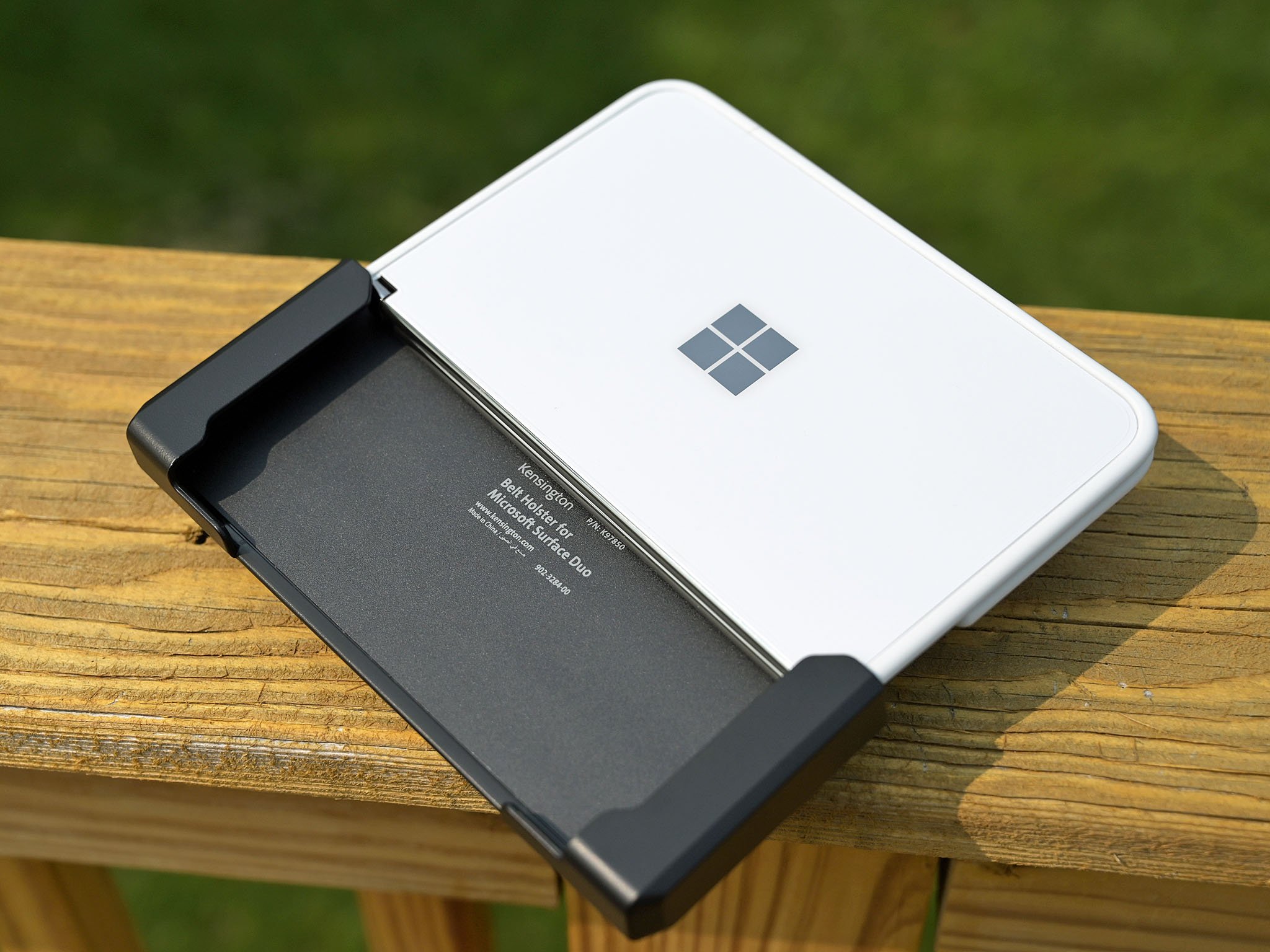
The belt clip is not my favorite. It's a single polycarbonate design like the rest of the holster, but it also has more space than I'd prefer. The gap lets you clip this holster to even the thickest of utility belts, but you can freely slide the holster back and forth on normal ones because there's no grip on the inside of it - it's just smooth polycarb. Some may prefer that as it lets you clear Surface Duo from your side, but it also feels less secure. I would have chosen a typical metal retainer clip with less clearance.
Should you buy Kensington Belt Holster for Surface Duo?
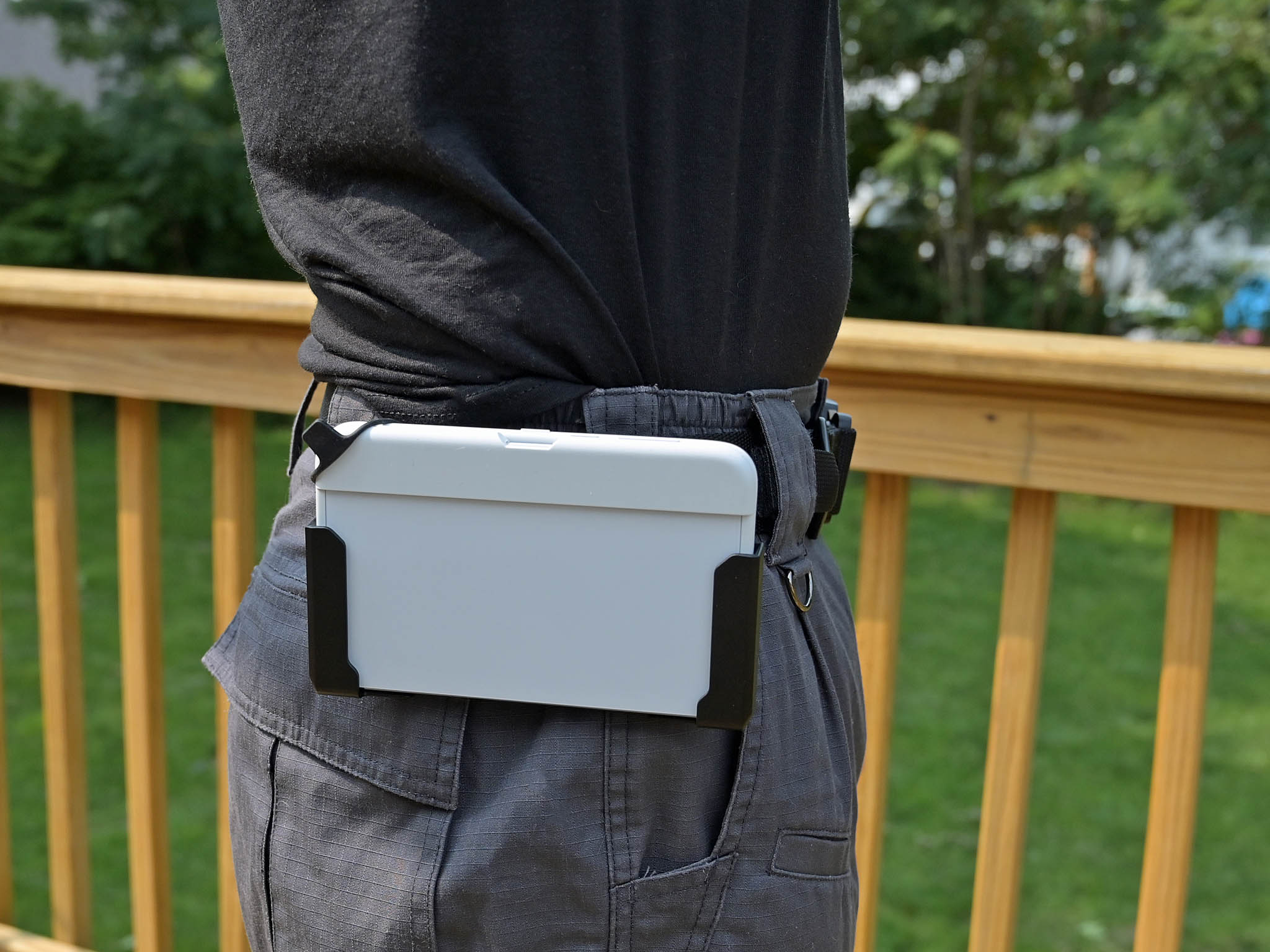
At $35, this quality belt holster's price is very reasonable (an official Surface bumper is $40, by comparison). The design accommodates Surface Duo no matter how used, it's easy to slide in and out with minimal effort, and that retainer strap seems to get the job done in keeping it in place.
I'll skip critiquing the style – or lack thereof, as this is not meant as a consumer product. If you don't like side holsters at all, then see our continuously updated best Surface Duo cases for other choices or our best Surface Duo accessories for more ideas. But for those who wear gloves, work outside, and need a more industrial solution for carrying Surface Duo, this Kensington holster is a great choice.

Kensington keeps your device mounted waist-high with its belt-clip holster, providing easy access to your dual-screen companion. While the Microsoft Surface Duo is easily pocketable, despite unconventional dimensions, this case offers a secure alternative when on the move.
The robust polycarbonate construction keeps your device in place, sliding in and out horizontally. The company also provides a two-year warranty, designed as an accessory to last.
Microsoft Surface Duo
Main

Daniel Rubino is the Editor-in-chief of Windows Central. He is also the head reviewer, podcast co-host, and analyst. He has been covering Microsoft since 2007 when this site was called WMExperts (and later Windows Phone Central). His interests include Windows, laptops, next-gen computing, and wearable tech. He has reviewed laptops for over 10 years and is particularly fond of 2-in-1 convertibles, Arm64 processors, new form factors, and thin-and-light PCs. Before all this tech stuff, he worked on a Ph.D. in linguistics, performed polysomnographs in NYC, and was a motion-picture operator for 17 years.
